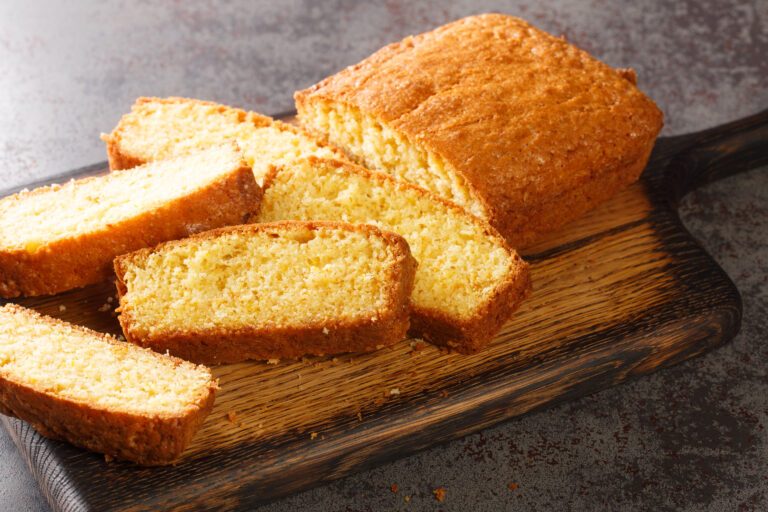THE FOOD INDUSTRY IS ALWAYS EVOLVING, with new trends and ingredients constantly emerging. With that comes a great deal of confusion, as to whether a certain ingredient is halal, as many words can have double meanings. Two of the forbidden categories for Muslim consumers are pork and alcohol.
“Despite a product being halal, many Muslims still hesitate to consume Halal food and drinks with haram association.”
Here we will dissect the ambiguous terminology used in the food industry for ingredients derived from these sources, to determine if an ingredient is halal.

Pork or porcine related:
Bacon
- Bacon is a breakfast strip meat item made from pigs. The process involves curing and smoking the meat. Other animal species such as turkey, chicken, and beef can also be processed to resemble bacon, but these alternatives do not have the same market size as traditional pork bacon. In American culture, the word “bacon” is uniquely associated with pigs. Therefore, it is best not to use the term “bacon” for any other animal, such as chicken bacon, turkey bacon, or beef bacon. Alternatives for this type of product could be chicken breakfast strips or beef breakfast strips. However, the taste and sensory profile of such alternates may not imitate the original (pork) bacon.
Hamburger
- In the 1800s, German immigrants migrated to the USA and introduced a beef-based dish in the style of Hamburg, Germany. It has never been a pork-based food since its introduction. Over time, the product has evolved, resulting in variations such as beef burgers, cheeseburgers, and even fish burgers. Due to this development, some people mistakenly believe that hamburgers are made from ham which is a pork meat item. So, in the USA the term “hamburger” is always used for a pure beef item.
Hotdog
- A hot dog is a classic summertime food consisting of a sausage served hot in a long, soft roll that is sliced down the middle to hold the sausage. People may refer to a hot dog as the entire food item or just the sausage itself, which can also be called a frankfurter. Although it contains “dog” in the name, it does not infer the usage of dog meat in sausages. Moreover, the name “hot dog” comes from the Dachshund Sausage Theory, which indicates that the name is a witty reference to the dachshund dog breed’s long and thin body. The name is credited to the vendors who sold the sausages, which were brought by German immigrants.

Alcoholic drinks related:
Wine
- Wine is an alcoholic beverage made from fruit, commonly grapes. There are many types of wine, such as white wine and red wine, each with specific tastes and colors due to variations in raw materials and processing methods.
While wine is primarily consumed as a beverage, it can also be used as a cooking ingredient. However, the Halal status of cooking wine and wine vinegar differs. Cooking wine is categorized as Haram because it still contains alcohol, while wine vinegar is considered Halal. This is because the alcohol in wine vinegar has been fermented into acetic acid.
Beer
- Beer is an alcoholic beverage made from grains. There are many types of beer, such as porter, stout, and lager, each with specific tastes and colors due to variations in raw materials and processing methods.
There are also beverages named “beer” that are non-alcoholic, such as ginger beer and root beer. Historically, ginger beer was brewed and could contain some alcohol. However, most commercially available ginger beer today is non-alcoholic and made with ginger, sugar, water, and carbonation. Root beer was never intended to be an alcoholic beverage. It is flavored with sassafras root, herbs, and spices, and does not go through an alcoholic fermentation process.
Cocktails
- Cocktails are alcoholic beverages typically made with a distilled spirit (like gin, rum, tequila, vodka, whiskey, etc.), along with other ingredients such as liqueurs, cordials, fruit juices, cream, sugar, spices, and herbs. They are often shaken or stirred together with ice and then strained into a glass.
Besides that, the term “cocktail” is also used for food, commonly fruit cocktails. A fruit cocktail is a mixture of chopped or diced fruits, sometimes served with a light syrup or dressing, which is a non-alcoholic food.
Mocktails
- Nowadays, to cater to more people who do not consume alcohol, mocktails have been developed. Mocktails likely came along as a way for people who couldn’t or didn’t want to consume alcohol to enjoy similar flavorful drinks as cocktails. The key difference is the absence of ethanol. In mocktails, carbonated drinks or soda are used to replace the alcohol. The types of ingredients and flavors are the same as in cocktails, for example, Mojito. There are both Mojito cocktails and Mojito mocktails. Other examples include Pina Colada, Margarita, and Bloody Mary.
Bourbon
- Bourbon is a type of American whiskey made from a grain mixture that is at least 51% corn, with other grains such as rye, wheat, or barley. There are also common culinary uses of the term “Bourbon,” such as in Vanilla Bourbon and Biscuit Bourbon. Vanilla Bourbon refers to vanilla that is harvested using a particular curing method developed on an island named Ile Bourbon, commonly known as Reunion Island. Biscuit Bourbon refers to a type of cookie that typically has a chocolate biscuit base and a vanilla-flavored cream filling.
Madeira
- Madeira wine is a fortified wine produced on Portugal’s Madeira Islands. Similarly to Bourbon, Madeira is also commonly used in other contexts, such as in the term Madeira cake, which is a traditional British cake. Contrary to its name, it is not made with Madeira wine. The cake is similar to a pound cake or yellow cake, often served with tea or liqueurs. Historically, it was fashionable to enjoy a slice of this cake with a glass of Madeira wine, hence the name.

Dofactora Iskandar is a Halal industry professional with a Master of Food Science from Cornell University. Leveraging his scientific background, Dofactora has worked as a Halal auditor and trainer for the past eight years.


